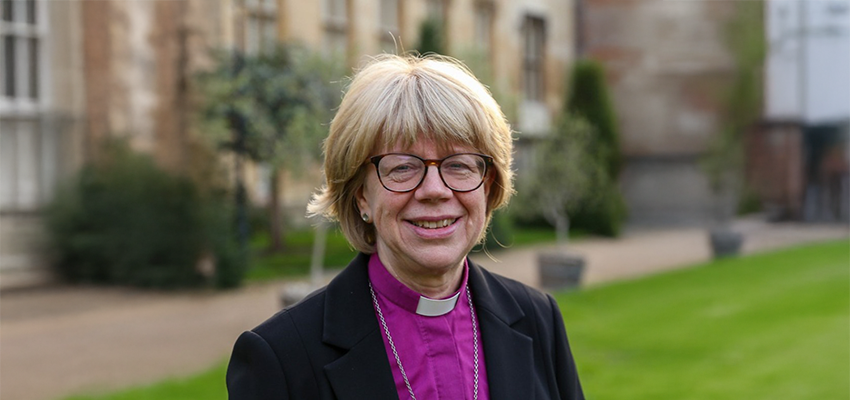Sarah Mullally has been named the new Archbishop of Canterbury, making her the first woman to hold the office in the Church of England’s history. Her appointment has stirred divisions within Anglican circles, particularly over the issue of same-sex blessings.
Mullally enters the role against a backdrop of internal tensions. In 2023, the Church of England’s General Synod approved prayers of blessing for same-sex couples, while maintaining a ban on conducting same-sex marriages in the church. Mullally supported that vote. Some groups, especially conservative Anglican bodies, view her support of blessings as evidence that she fails to uphold traditional interpretation of the Bible. The Global Anglican movement GAFCON criticized the decision, stating that it undermines the Archbishop’s ability to function as a unifying figure for the worldwide communion.
Other voices within the Church look at Mullally’s background as a strength. She led the Living in Love and Faith process — a long church-wide consultation on gender, sexuality, and relationship theology. As Bishop of London she has navigated differing views about women’s leadership and inclusion.
Her first public statements in the position pointed to fractured relations within the communion and urgent institutional issues. She addressed safeguarding concerns emerging from past abuse controversies and called for accountability in church structures. Mullally also referenced growing division over gender, theology, and power.
Some Anglican provinces — especially in Africa and Asia — do not accept women in episcopal office and oppose same-sex blessings. For those provinces, Mullally’s leadership will test whether common structures can hold despite deep disagreement.
Mullally’s term begins amidst calls from conservative Anglican factions for her to affirm what they see as the “biblical faith.” Some of those factions warn that changes in rites and theology may lead to further fragmentation in the global communion.
As a leader, Mullally will not have sole authority to alter doctrine; that rests with the General Synod of the Church of England. She must also engage with Anglican bodies worldwide, many of which have already signalled impaired communion with the Church of England over these very disputes.
Her time as archbishop will test whether her theological positions and institutional leadership can maintain Anglican bonds across fault lines of gender, sexuality, and tradition.





